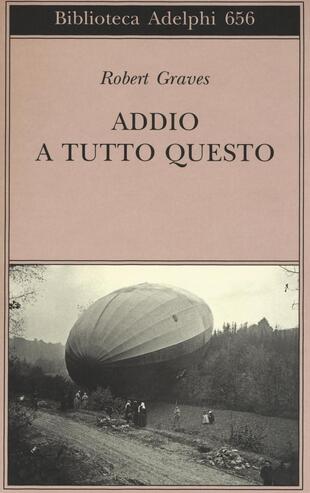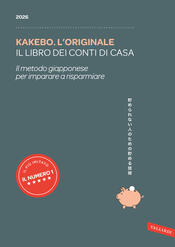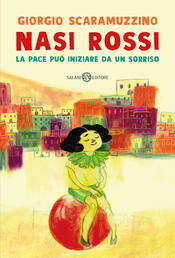Sinossi
Meno di cento chilometri in linea d'aria separavano le colline del Kent dalle Fiandre, e i corni della caccia alla volpe avevano un suono sinistro, contro il rombo dei bombardamenti a tappeto intorno a Ypres, o sulla Somme. Durante un attacco dell'artiglieria tedesca, il 20 luglio 1916, Robert Graves fu ferito così gravemente da comparire, in un primo momento, sulla lista dei caduti con onore, beninteso che il "Times" pubblicava ogni giorno. In realtà Graves tornò su un treno ospedale alla stazione di Wimbledon, e qualche tempo dopo si riprese dalle ferite, per quanto atroci: ma la notte sentiva esplodere granate intorno al letto, scambiava i passanti per amici perduti al fronte, e se sentiva partire una macchina, o sbattere una porta, si gettava a terra. E così, a poco a poco, quei cento chilometri scarsi fra il tè del pomeriggio e i cadaveri lasciati a decomporsi nella terra di nessuno diventarono, per Graves come per gli altri scampati al massacro, un abisso capace di inghiottire per sempre, in un orrore senza nome, il mondo di ieri. Che nel 1929, prima di lasciare un'Inghilterra in cui non avrebbe potuto più vivere, Graves ricostruì per un'ultima volta in questo libro il più nitido, struggente e indimenticabile atto di commiato che le trincee d'Europa abbiano costretto un poeta a scrivere. Con una nota di Ottavio Fatica.
- ISBN:
- Casa Editrice:
- Pagine: 398
- Data di uscita: 06-10-2016
Recensioni
This is one of the great books to come out of the First World War. It is usually categorized as a memoir, but there is probably more fiction in it than fact. Graves was up-front about this: he wrote the book in just eleven weeks, because he needed the money, and admitted that he threw in every plot
The human mind invariably seeks patterns. And so, reading WWI histories always has been frustrating because of the war's Brownian motion; the inability to discern any strategy at all. So the great value of Graves's anti-war memoir is that, as a Captain in a Welch regiment, he had no clue about, and
It's 2014 - and the centenary of World War One. I heard a discussion about it the other day and one thing struck me. The idea being suggested was that it would have been BETTER FOR EVERYONE if Germany had WON the First World War. How about that! I never thought of it before, but the logic was compel Leggi tutto
A Poet at War 19 December 2017 As I was wandering through Newtown in Sydney I came across a crate of books dumped at the side of the road. Considering that the law states that if somebody throws something away then it ceases to by anybody's property which basically means that anybody can then make a Leggi tutto
It is as a document of World War One that this book really shines. Robert Graves includes a wealth of little details that bring the day-to-day life of him, and his regiment, to life: the gallows humour, the values of the soldiers, the disillusionment with the war and the staff (and yet the loyalty t Leggi tutto
Citazioni
Al momento non ci sono citazioni, inserisci tu la prima!

























